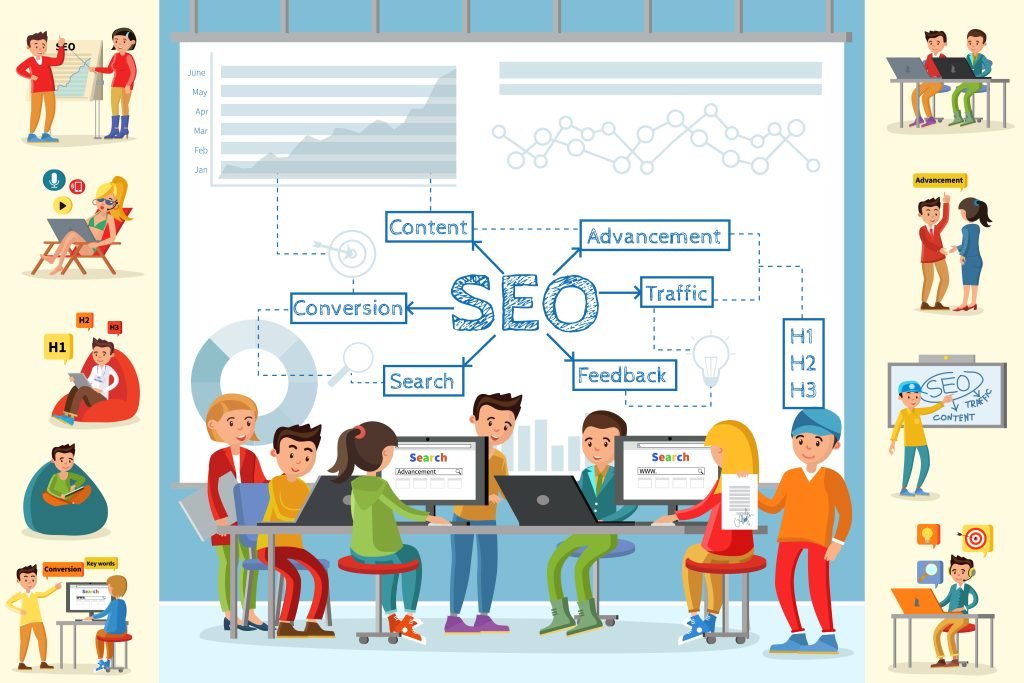The Future of SEO is Here—Are You Ready?
Remember the days when SEO was all about stuffing keywords into your content, hoping it would rank higher? I know I do! It worked for a while, but today’s search engines are a lot smarter than that. With over 3.5 billion searches made on Google every day, we’re seeing a massive shift in how SEO works. Now, search engines focus less on keywords and more on the actual meaning behind those words.
Enter Entity SEO—the next big thing. It’s not about throwing a bunch of keywords into your text anymore. It’s about understanding the entities behind those searches: the people, places, and things that users are really looking for. Why is this so important for your strategy in 2024? And how do you optimize for it?
Let’s dive in. By the end of this article, you’ll be well-versed in Entity SEO and ready to future-proof your content.
Table of Contents
What is Entity SEO?
Definition of Entities in Search Engines
Before we get too deep into the details, let’s clarify what we mean by “entities.” Simply put, entities are the people, places, concepts, and things that search engines recognize when they analyze content. Think of them as the “nouns” in a sentence that provide meaning. For example, when you write about “Apple”, Google uses advanced natural language processing (NLP) to determine if you’re talking about the fruit or the tech company. The system does this by connecting your content to its Knowledge Graph, which stores all this info.
How Search Engines Use Entities
Instead of merely matching the words in your content to a user’s query, search engines now focus on recognizing entities and understanding the relationships between them. The Google Knowledge Graph is like a vast web of connected entities that helps Google deliver more relevant, accurate results. For instance, if you search for “Tom Cruise movies,” Google knows to connect “Tom Cruise” (an entity) with his films (other entities) to bring you the most appropriate results.
Why Entity-Based SEO is the Future
Contextual Search Over Keywords
One of the biggest shifts in SEO is that search engines no longer focus solely on matching keywords. They now prioritize context. Imagine someone searches for “best vegan restaurants in NYC.” Google will pull up results not just based on those exact keywords but on the context of entities like “restaurants,” “vegan,” and “NYC.” This means that search engines can now match user queries based on meaning, not just words.
Matching Search Intent More Accurately
The real magic of Entity SEO lies in how well it matches search intent. In the past, your goal was to stuff the right keywords into your content. Today, it’s about meeting the intent behind those searches. Are users looking for information, products, or local results? Entity-based SEO helps Google interpret these queries more accurately, so your content gets shown to the right people at the right time.
Voice Search and NLP
The rise of voice search has only accelerated the shift to entities. When people ask conversational questions like, “Where’s the nearest Starbucks?” or “Who starred in Top Gun?” search engines rely on natural language processing (NLP) to understand the entities involved, instead of just looking for keywords. Optimizing for voice search means focusing on these entities.
How to Optimize for Entities
1. Use Structured Data (Schema Markup)
If you’re not using structured data yet, now’s the time to start. Schema markup helps search engines categorize and understand the entities in your content. It’s like giving Google a cheat sheet. For example, if your website features recipes, adding structured data around the ingredients and instructions can help search engines recognize it as a recipe entity, making it easier for your content to appear in search results or rich snippets. For a deeper dive into how schema markup can enhance your SEO, check out this guide about The Importance of Schema Markup.
Quick tips for implementing schema markup:
- Add schema for articles, businesses, products, and events.
- Use tools like Google’s Structured Data Markup Helper to simplify the process
2. Create Content Around Entities
When creating content, it’s essential to think in terms of entities, not just keywords. For instance, if you’re writing about a niche topic like ai legal research in the Philippines, you can expand on related entities such as legal technology tools, Philippine legal frameworks, or advancements in AI-powered research platforms. Let’s say you’re writing about a famous author. Instead of just mentioning their name repeatedly (keyword-style), talk about the books they’ve written, the genres they’ve explored, and the awards they’ve won. This builds a web of interconnected entities that search engines can easily recognize.
Here’s how to do it:
- Write naturally around topics rather than just repeating keywords.
- Use related entities in your content to help search engines understand the context.
3. Internal Linking and Semantic Relationships
Internal linking plays a crucial role in entity SEO. By linking related pages and content, you help search engines understand the relationships between entities on your site. For example, if you write about “New York City” on one page, link it to other pages about travel or tourism. This creates a semantic relationship that reinforces the entity connections in Google’s eyes.
Entity vs. Keyword: A Case Study
Let’s take a closer look at how entity-optimized content can outperform traditional keyword-focused pages. Imagine two different pages: one stuffed with the keyword “best smartphones” and the other written around entities like brand names (Apple, Samsung), features (camera quality, battery life), and user reviews.
Results:
- The entity-optimized page provides more context and meaning, so it’s more likely to rank higher in the long run.
- Meanwhile, the keyword-stuffed page might initially perform well but will likely drop off over time as algorithms favor more meaningful content.
Key takeaway: Entity-optimized content is more sustainable and provides a better user experience.
Tools for Entity Optimization
1. Google’s Knowledge Graph Explorer
A fantastic tool for discovering and exploring entities is Google’s Knowledge Graph Explorer. You can use it to find related entities for your niche and work them into your content strategy.
2. InLinks
Another great tool is InLinks, which analyzes your content and helps you optimize for entities by connecting them with related topics and themes.
3. SEMrush Topic Research
Use SEMrush’s Topic Research tool to identify entities and build content clusters around them. This is especially useful for creating a web of interconnected entities across multiple articles or pages.
The Role of Backlinks in Entity SEO
Building High-Quality Backlinks to Recognized Entities
We all know that backlinks are essential for SEO, but when those links point to recognized entities, their value increases significantly. For example, getting a backlink from a major brand or a high-authority site related to your niche reinforces the entities you’re targeting and boosts your SEO performance. To learn more about the importance of quality backlinks, check out this detailed guide on backlink strategy.
As entity-driven SEO evolves, authority signals like contextual backlinks are becoming even more critical. Businesses are increasingly investing in strategic backlink partnerships and ethical outreach ecosystems that connect content with relevant industry entities. This not only strengthens semantic relevance but also improves how search engines interpret brand authority across the web.
Tips for creating entity-rich backlinks:
- Build relationships with reputable sites connected to your niche.
- Focus on getting backlinks from sites that mention recognized entities in your industry.
How Google Understands Your Business as an Entity
Local SEO and Entity Recognition
If you have a local business, optimizing for entity SEO can help Google recognize your business as an entity. Use tools like Google My Business and make sure your structured data includes relevant information such as your location, business type, and contact details.
The Power of Brand Entities in Search
If Google recognizes your brand as an entity, it’s easier for your business to stand out in search results. Consistently optimizing your brand mentions, reviews, and external links can help Google connect your brand to other entities, improving your visibility.
What Does the Future Hold for Entity SEO?
Predictions for Entity-Based Search Engine Evolution
The future of SEO is headed towards more AI and machine learning advancements. These technologies will rely even more on entities to understand context and meaning, making Entity SEO the cornerstone of any successful strategy. As search engines continue to evolve, the connection between entities will drive rankings more than ever before.
The Rise of Entities in a World Dominated by AI
As AI becomes more integrated into search, the focus will shift from keywords to entity recognition and how well search engines understand the relationships between different entities. To stay ahead, businesses need to shift their SEO strategies now.
Ready to Embrace Entity SEO?
Entity SEO is no longer the future—it’s already here, transforming the way we optimize for search engines. By focusing on entities instead of keywords, you’ll not only keep up with the latest trends but also create more meaningful, relevant content that your audience will love. So, why wait? Start implementing Entity SEO today and watch your rankings reaching first.
Adil Rafeeque is a co-founder of Domaindotin, a leading digital marketing agency in Calicut, Kerala, specializing in SEO, performance marketing, and content creation. As a digital marketer with extensive experience, Adil has helped numerous businesses achieve online success. His expertise includes being an SEO expert in Kerala and a Google Ads expert and performance marketer in Kerala. Adil is passionate about crafting effective strategies that drive results. You can learn more about his journey and insights on his personal website.


An interesting discussion is worth comment.
I do think that you need too publish more on this subject, it mmay
not bee a taboo matter but typically folks don’t discuss these topics.
To the next! Cheers!! https://evolution.org.ua/
An interesting discuussion is worth comment. I do think that you need to publish more on this subject, it may not be a taboo matter
but typically folks don’t discuss these topics.
To the next! Cheers!! https://evolution.org.ua/
Hello, Neat post. There is a problem with your web site in web explorer, may test this… IE nonetheless is the market leader and a good part of people will leave out your magnificent writing due to this problem.
I’m not sure why but this blog is loading extremely slow for me. Is anyone else having this problem or is it a problem on my end? I’ll check back later and see if the problem still exists.
Hey! I’m at work browsing your blog from my new apple iphone! Just wanted to say I love reading through your blog and look forward to all your posts! Keep up the excellent work!
Howdy would you mind stating which blog platform you’re working with? I’m going to start my own blog soon but I’m having a difficult time making a decision between BlogEngine/Wordpress/B2evolution and Drupal. The reason I ask is because your layout seems different then most blogs and I’m looking for something unique. P.S Sorry for getting off-topic but I had to ask!
Hi there! Someone in my Myspace group shared this website with us so I came to take a look. I’m definitely enjoying the information. I’m book-marking and will be tweeting this to my followers! Wonderful blog and excellent design.